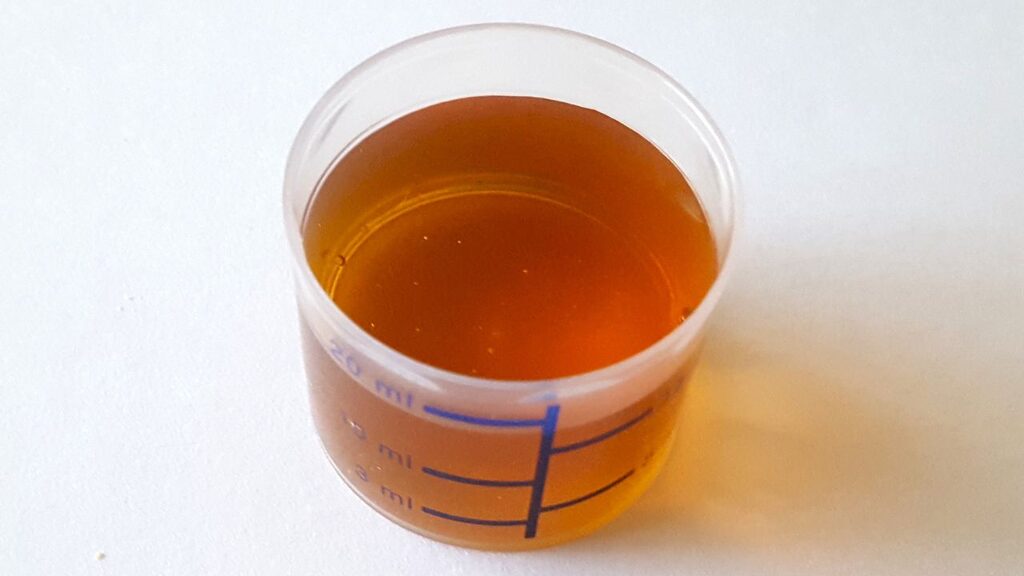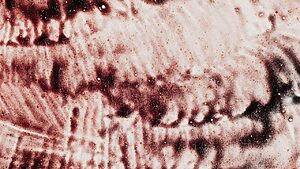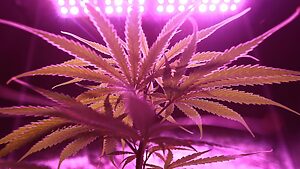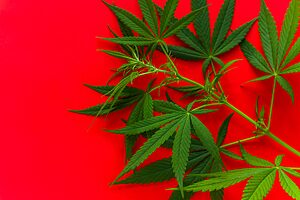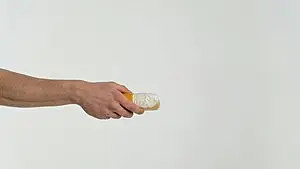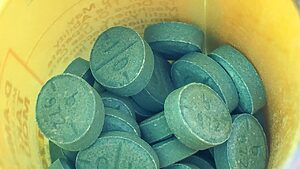Dextromethorphan (DXM) is a drug found in many over-the-counter cough and cold medicines like Robitussin, Delsym, and Mucinex DM. When taken as directed, DXM suppresses coughing. However, in high doses, it can produce dissociative and hallucinogenic effects, making it a target for abuse, especially among teens and young adults. Mixing DXM with alcohol greatly increases the risks, leading to dangerous levels of intoxication and potentially fatal consequences.
What Is DXM?
DXM is in a class of drugs called dissociative anesthetics, which also includes ketamine and phencyclidine (PCP). It distorts perceptions of sight and sound and produces feelings of detachment or dissociation from the environment and self. The effects are dose-dependent:
- Low doses (100-200 mg): Can cause mild stimulation, euphoria, and distorted visual perceptions.
- Moderate doses (200-400 mg): Lead to impaired motor function, slurred speech, dizziness, lethargy, and vivid hallucinations.
- High doses (300-1500 mg): Intensify the dissociative effects and can cause nausea, rapid heartbeat, hypertension, panic attacks, and a strong sense of losing control. Doses over 1500 mg risk overdose and toxic psychosis.
The Accessibility of DXM
One reason DXM is a common target of abuse is its accessibility. It’s found in over 120 OTC products, either alone or combined with other ingredients like acetaminophen, antihistamines, and decongestants. Some common brands include:
- Robitussin cough products
- Delsym extended-release suspension
- Mucinex DM
- Vicks NyQuil
- Coricidin HBP Cough & Cold
- Tylenol Cold & Cough
- Theraflu
While these products are safe and effective when used as directed, they can be extremely dangerous in high doses. Many abusers guzzle large amounts straight from the bottle. Some extract the DXM via simple chemical processes described online.
The Slang for DXM Abuse
On the street, DXM may be called robo, dex, skittles, triple C, or poor man’s PCP. The term “robotripping” refers to getting high on DXM from cough syrups like Robitussin. “Skittling” involves taking large amounts of Coricidin HBP pills, known as “skittles” for their bright colors.
The Dangers of DXM Abuse
Repeated DXM abuse can lead to tolerance, cravings, and psychological dependence. Heavy use may cause toxic psychosis characterized by bizarre behavior, paranoia, delirium, and temporary loss of cognitive abilities that can last for days after stopping the drug.Physical side effects of chronic use can include:
- Blurred vision
- Impaired physical coordination and gait
- High blood pressure and rapid heart rate
- Liver damage, especially with products containing acetaminophen
- Slowed breathing and lowered oxygen levels
- Increased risk of seizures
- Rare risk of Olney’s lesions – brain damage at very high doses
DXM can also cause adverse interactions with other drugs. It should never be mixed with MAOIs, a class of antidepressants, as this can cause serotonin syndrome – a dangerous spike in serotonin levels.
The Severe Risks of Mixing DXM and Alcohol
Combining DXM with alcohol is especially dangerous. Both are central nervous system depressants that slow brain activity and function of vital organs like the heart and lungs. Mixing them has an additive effect that can suppress breathing, decrease heart rate to dangerous levels, and lead to coma or death. The mix can also cause:
- Severely impaired judgment, coordination & reaction time – increasing risks of accidents and injury
- Blackouts and extended periods of memory loss
- Vomiting while unconscious, with a high risk of choking
- Irregular heartbeat and palpitations
- Liver damage, which can be fatal
Reports from ER doctors highlight truly disturbing outcomes: people engaging in violent, psychotic behavior with seemingly superhuman strength and not responding to pain compliance techniques due to the anesthetic effect. The impaired mental state from this combo greatly increases risks of assault, accidents, hypothermia and erratic behavior leading to arrest. The potential for a life-threatening overdose, fatal accident or lasting physical and mental damage is very real. If alcohol is involved, the risks rise exponentially.
Why Do People Mix DXM and Alcohol?
Some people intentionally drink alcohol while taking DXM to intensify the high and dissociative effects. Teens consume DXM at parties where people are drinking alcohol, often without understanding the risks involved. Others use DXM as a substitute for alcohol, thinking it offers a “safer” way to get drunk. The accessibility of DXM leads many to underestimate its dangers compared to illegal drugs. But make no mistake – abusing DXM is never safe, and adding alcohol to the mix creates a recipe for disaster.
Recognizing Addiction
As a dissociative drug, regular DXM abuse can quickly lead to psychological dependence as the user starts needing it to feel normal. Compulsive use despite negative consequences is a clear sign of addiction. Other red flags include:
- Constantly talking about robotripping or DXM
- Empty cough medicine packages or bottles in trash
- Chemical smells on breath or clothes from extracted DXM
- Changes in friends and hangout locations
- Loss of interest in hobbies and activities
- Declining grades or performance at work
- Shifts in sleeping patterns and energy levels
- Seeming drowsy, dizzy, confused, or highly anxious
- Slurred speech and impaired coordination
- Memory lapses and inability to concentrate
Getting Help
If you recognize signs of DXM abuse in yourself or a loved one, with or without alcohol use, it’s crucial to reach out for help. DXM addiction is a serious condition that often requires professional treatment. Quality drug rehab centers experienced with polydrug abuse, like Texas Recovery Centers, provide comprehensive care including:
- Medically-supervised detox to clear DXM safely from the system
- Individual and group counseling to address the roots of the addiction
- Cognitive behavioral therapy to build coping and relapse-prevention skills
- Medication-assisted treatment if needed
- Aftercare and alumni support programs for lasting success
The caring addiction specialists at Texas Recovery Centers are here to help you break free from the grip of DXM abuse and protect your health and future. Call 888-354-2194 to learn about treatment options and take the first step on the path to recovery. A sober, vibrant life is within reach – let us help you get there.






